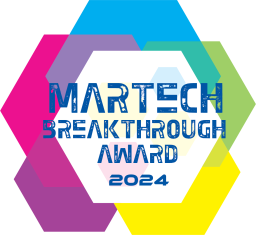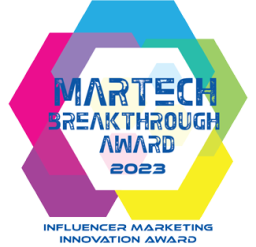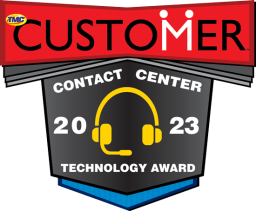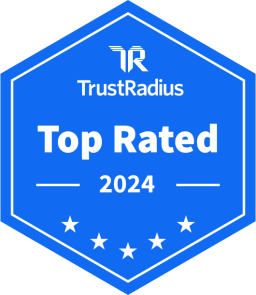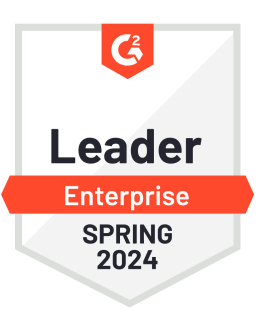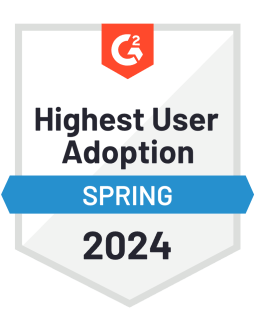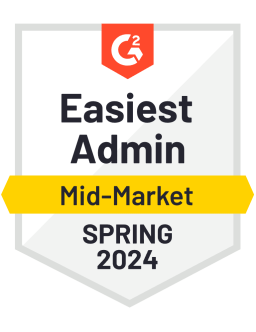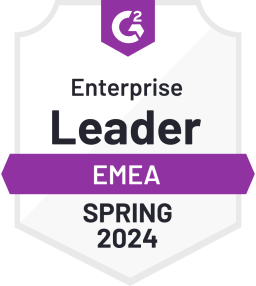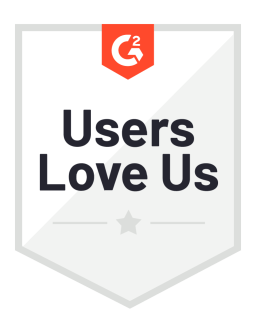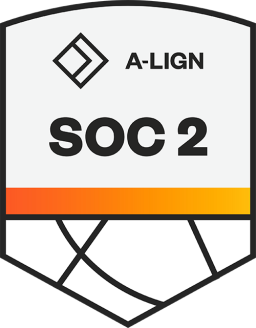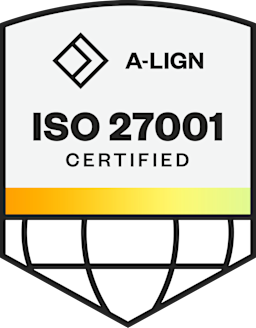What is top-of-the-funnel marketing?
Top-of-the-funnel marketing refers to efforts that are focused on awareness in a new market or of a new product. The rest of your marketing funnel, however, includes prospects who know about your brand and have already engaged with your business.
You’re already familiar with the marketing funnel stages, but let’s discuss your work at the top without getting caught up in the details.
Top-of-the-Funnel (ToFu)
Not the soy derivative but just as versatile, the top of the funnel, or ToFu is where you will be reaching out to the largest section of your known and unknown audiences. This is what you’ll be honing a killer brand awareness marketing strategy for, as much of your initial work at the top of the funnel starts before you even begin reaching out, with audience analysis and data collection efforts.
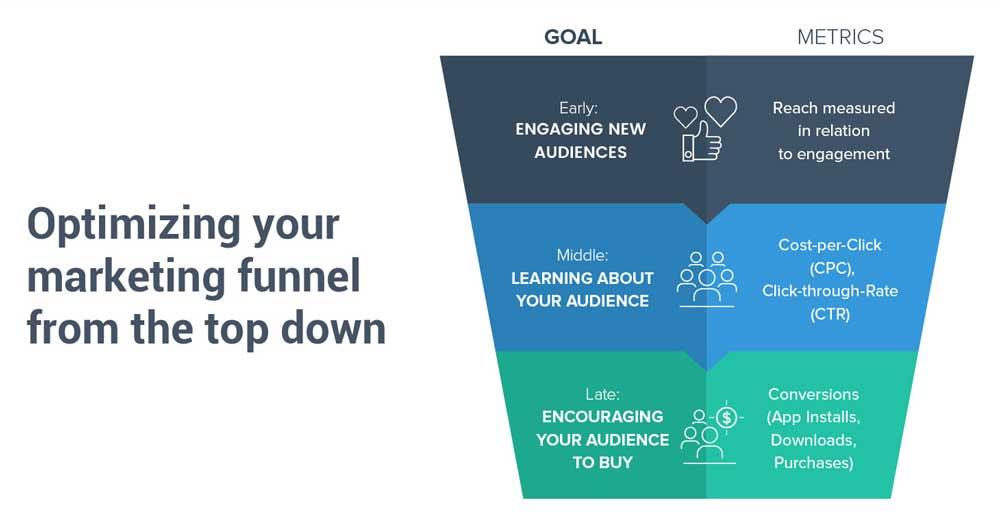
Times, and effective marketing strategy, have changed. These days you’ll need to be basing your approach on hard data - even at the top of your funnel. While data is nothing new to marketing, the way we use it at the top of the funnel is changing.
A big part of using it effectively will come down to building high quality, actionable buyer personas to help your efforts connect with the right audiences.
The objective at the top of the sales funnel is to reach out to as large and relevant an audience as possible. You’ll want to do that with a message that is specific to their needs, and to do that you’ll need to understand your audiences. You can always learn more as they move through your marketing funnel, but you need to start off with a solid foundation if you want to optimize your funnel from the top down.
Some popular forms of top-of-the-funnel marketing include blog articles and content marketing initiatives, promotional events, and personalized marketing efforts to reach out to and raise awareness with your audiences. It can include anything else that introduces your brand to fresh prospects and shows them that you empathize with the issues and pain points they experience. The sky, and your creativity, really is the limit.
One excellent example was the Beyond Utility campaign by Lexus, focusing on the fusion of luxury and utility that defines the automotive brand. The massive campaign used over 1000 videos and placed everyday items next to more stylish versions of that item - highlighting that useful and chic are not mutually exclusive.
What made this campaign really impressive though, Lexus' use of persona data to choose specific videos for specific audience segments - the products featured changed depending on viewer demographics. For instance, someone in the music industry might see a pair of normal headphones paired with a pair of stylish designer headphones.
You may have some conversions at this point, depending on how rapid your typical buyer’s journey is, and where they enter your marketing funnel from, but this part of the marketing process is more about awareness and visibility towards your audience personas. Here you want to be getting involved and sparking conversations around the topics they care about - not necessarily going for the sell.
You’ll want to be measuring the engagement you’re getting with your content strategy, and see how closely the people you are attracting line up with your audience personas.
What sets the top of the funnel apart
The core concepts for your top-of-the-funnel strategy lie in what you want to achieve at this stage: You’ll want to really understand your audience, gather marketing intelligence, and create personas to guide your targeting and marketing personalization, and understand the topics that your audiences care about. You’ll also want to understand the formats and platforms these conversations take place in - are your audiences following popular hashtags on Instagram, or perhaps following community groups on Facebook?
From there, if your business can position itself as an authority on the topic, your top-of-the-funnel efforts will revolve around jumping into the conversation and grabbing your audience’s attention to boost awareness and engagement.
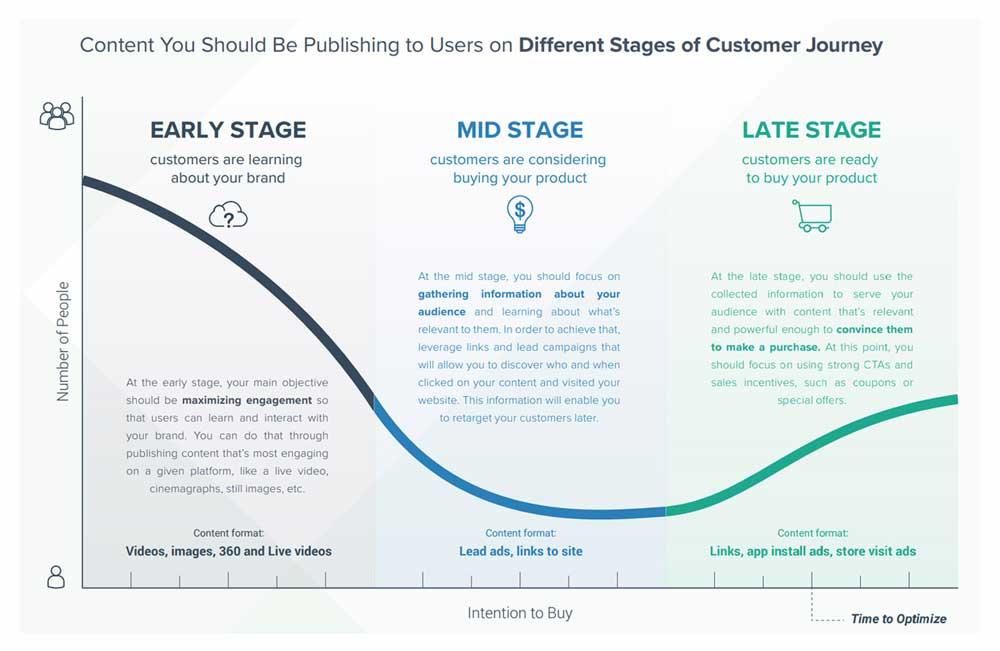
It’s important to understand how your individual business’ marketing funnel aligns with your typical customer journey. Harmonizing the two will ensure that people will encounter content at each stage of their customer journey that’s relevant and interesting to them.
For a long time, the top of the funnel has been considered too expensive and amorphous to be efficient. The tools marketers used were time-consuming and tedious, resulting in months-long feedback loops and broad data that lacked the definition needed to run a pinpoint accurate top-of-the-funnel marketing strategy.
Changing the game on traditional marketing wisdom
To a lot of marketers, high expenses at the top of the funnel seems a foregone conclusion, as far as conventional wisdom goes. We’re here to challenge that assumption.
The tools and data one could collect in the past left the top of the funnel in a space where it was expensive and time-consuming to gather the data you would really need to target accurately.
The tools and methods of the past had and continue to have some draw for marketing professionals: surveys and focus groups are tried and relatively true approaches to marketing. They’re also understood quite well in the vernacular - people know what you mean when you bring up ‘a recent survey.’ Above all, they were used for almost a century, so they are comfortable in their antiquity.
But marketing campaigns have evolved. The tools and methods of the past are just that: of the past. Campaigns have generally become smaller, but run more frequently. The new challenge, therefore, is keeping your data up-to-date and valuable with the ever-increasing pace of marketing. The days of an acceptable feedback loop being months-long are gone. Content intelligence these days is rapid and constantly evolving.
Surveys can still complement your data too, but their value is more limited. Especially in recent years with the rise of social media, the wealth of information available to consolidate your competitive intelligence is endless.
As the ways in which consumers interact with brands and make purchasing decisions change, shouldn’t too the way we collect our data?
While in the past only bottom-of-the-funnel efforts could go with a tried and true approach based on hard data, top-of-the-funnel activities have caught up in their effectiveness. We are at a point in time where, with the right tools, marketing professionals can put their audience data to work immediately to inform their strategy and set better expectations for a campaign.
You’re now able to start off with much more accurate audience data before you even launch a campaign, with tools that allow you to collect and collate data, segment your audiences, and have a deep understanding of your 5W’s and H as the basis of your campaigns.
Knowing your audience personas
The key to making your full-funnel marketing efforts more efficient is knowing your audiences. In the age of digital marketing, personalizing your marketing is the key to success: people just aren’t interested in consuming content that is irrelevant to their needs.
This is backed up by the Marketo Engagement Gap report’s findings on marketer vs. consumer sentiment:
61% of marketers believe they engage with the right content.
56% of consumers believe businesses need to have a deeper understanding of their needs.
51% of consumers believe brands send too much irrelevant content.
It’s important for us as marketers, to overcome this disparity. Sticking with what we think consumers want isn’t working. To make sure that your operating a smooth and efficient marketing funnel with interesting and relevant content, you’ll want to invest some time and resources into conducting a quality audience analysis.
Get started with our target audience analysis guide for everything you need to know about collecting your data, defining your personas, and putting them to work.
Cost efficiency at the top of the funnel and throughout
The top of the funnel is where knowing your audiences will make the most difference. Streamlining your marketing funnel from the top down can reduce your costs per conversion, or CPA, in a big way. And here’s why:
Leads are the lifeblood of your marketing funnel. You probably have a good idea of what your Cost Per Lead, or CPL, looks like, and typically it will fall into two categories:
A high CPL with clients fairly ready to buy and entering right away at a later stage in your funnel. These will move quickly through your funnel, and their buyer’s journey will be relatively short.
A low CPL with clients who aren’t as immediately interested in converting to paying customers. These leads will require a longer time to nurture and cultivate before they are ready to convert, so their buyer’s journey will be longer.
No matter which of these fits the profile your business encounters most, starting strong and collecting the right leads will have a lasting effect on how efficiently you can gain and convert leads. The benefits will echo throughout your marketing funnel and affect every stage on the way down: collecting quality leads, even if they require some nurturing, will lead to remarketing and nurturing efforts that reach a receptive and interested audience, which will in turn lead to a higher likelihood of conversions - and will require less overall work on your part to bring those conversions in.
Thankfully, the tools you need to effectively reach out to new audiences currently outside your funnel - your unknown audiences - and bringing them in have evolved.
The tech and tools marketers need to collect and process data throughout the funnel are much more defined and widely used these days, with multiple tools offering different ways to track and disassemble data, giving you the actionable insights you need to drive conversion. The key to your an efficient and streamlined top-of-the-funnel marketing is strategy leading into accurate and actionable personas. The good news is that the days of slaving away for weeks to compile your audience data into personas are gone. These days you have the tools you need to define your audience personas right at your fingertips.
This means that while the top of the funnel used to be more commonly handled with a gut feeling approach, savvy marketers can now apply the same tool-and-data approach previously reserved for the bottom of the funnel to this area as well.
The takeaway
Streamlining your marketing efforts throughout the funnel will cut costs and improve conversion and retention rates. This is especially true for your top-of-the-funnel marketing efforts.
This is because you will see a knock-on effect as you pick up better leads, leading to an easier nurturing stream, and better conversion and retention rates as a B2B brand - and more interested first-time customers who are more likely to become repeat patrons and brand advocates for your business in the future as B2C brand.
Thankfully, the technology and tools you need to make that happen are much more accessible and, more importantly, more accurate than they were just a few years ago. You can now tap into AI tools to consolidate your audience data into valuable buyer personas in moments, for each of your campaigns and use that to personalize your advertising with pinpoint accuracy so you reach people who really are interested in what your brand has to offer.
Editor's Note: This article was originally published on socialbakers.com. Any statistics or statements included in this article were current at the time of original publication.














